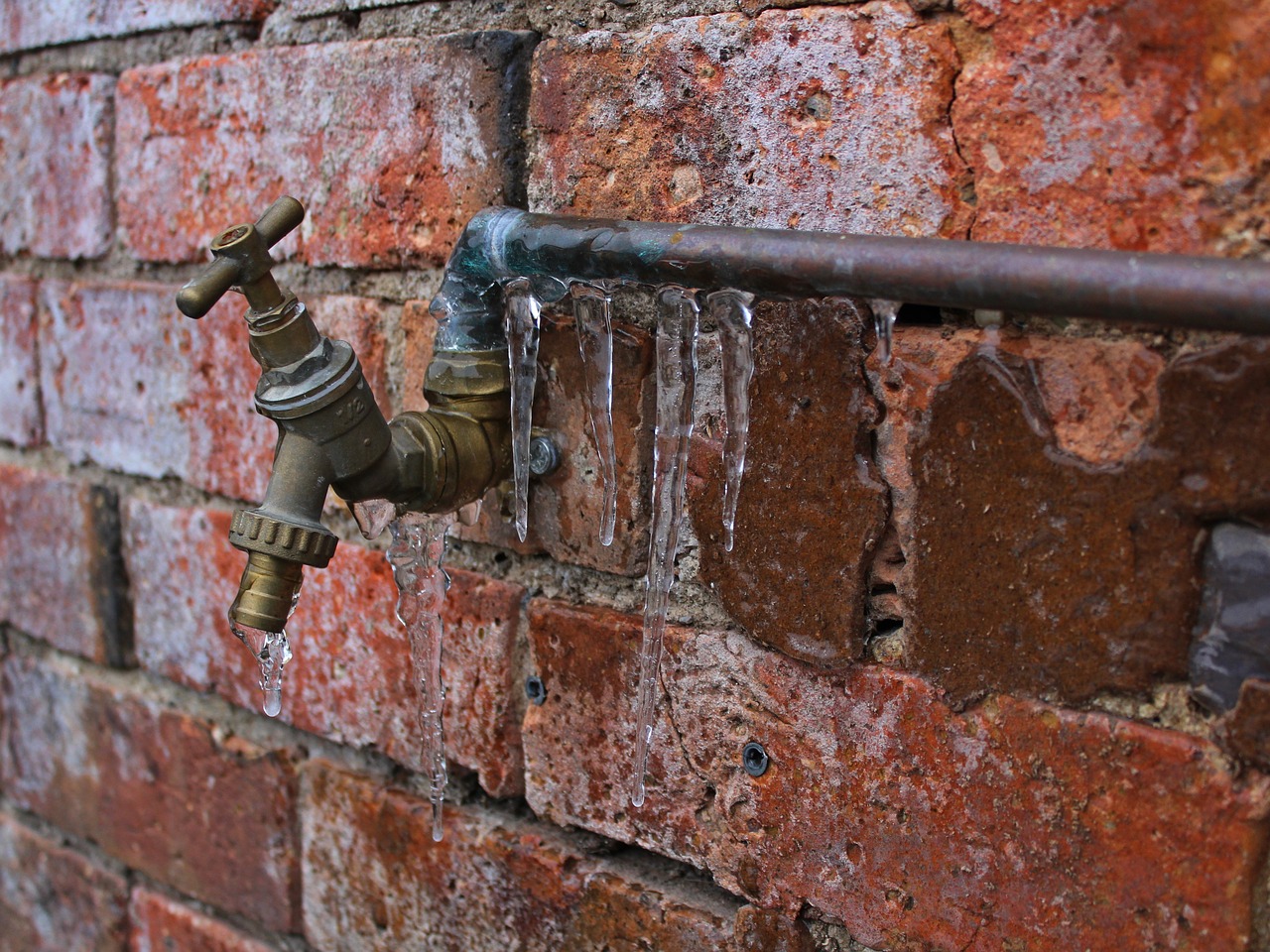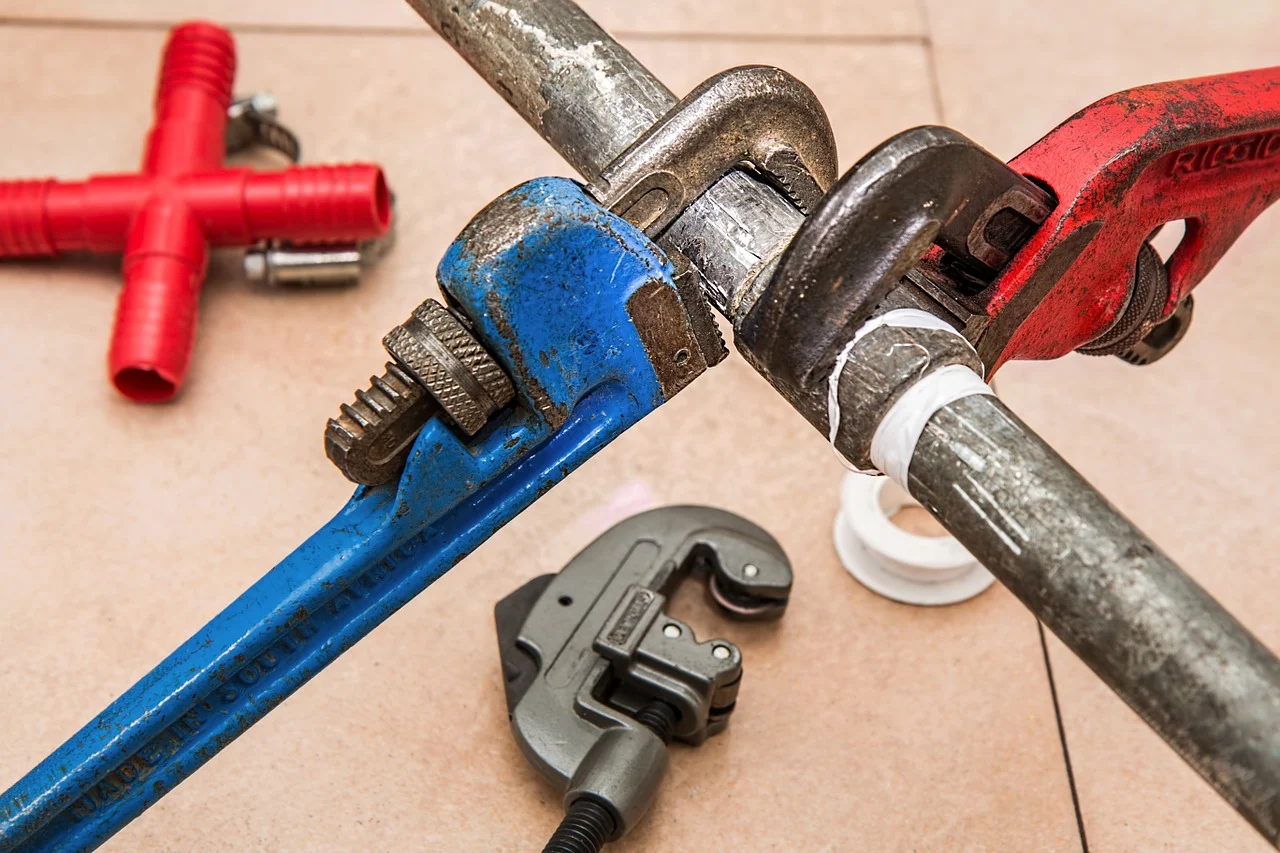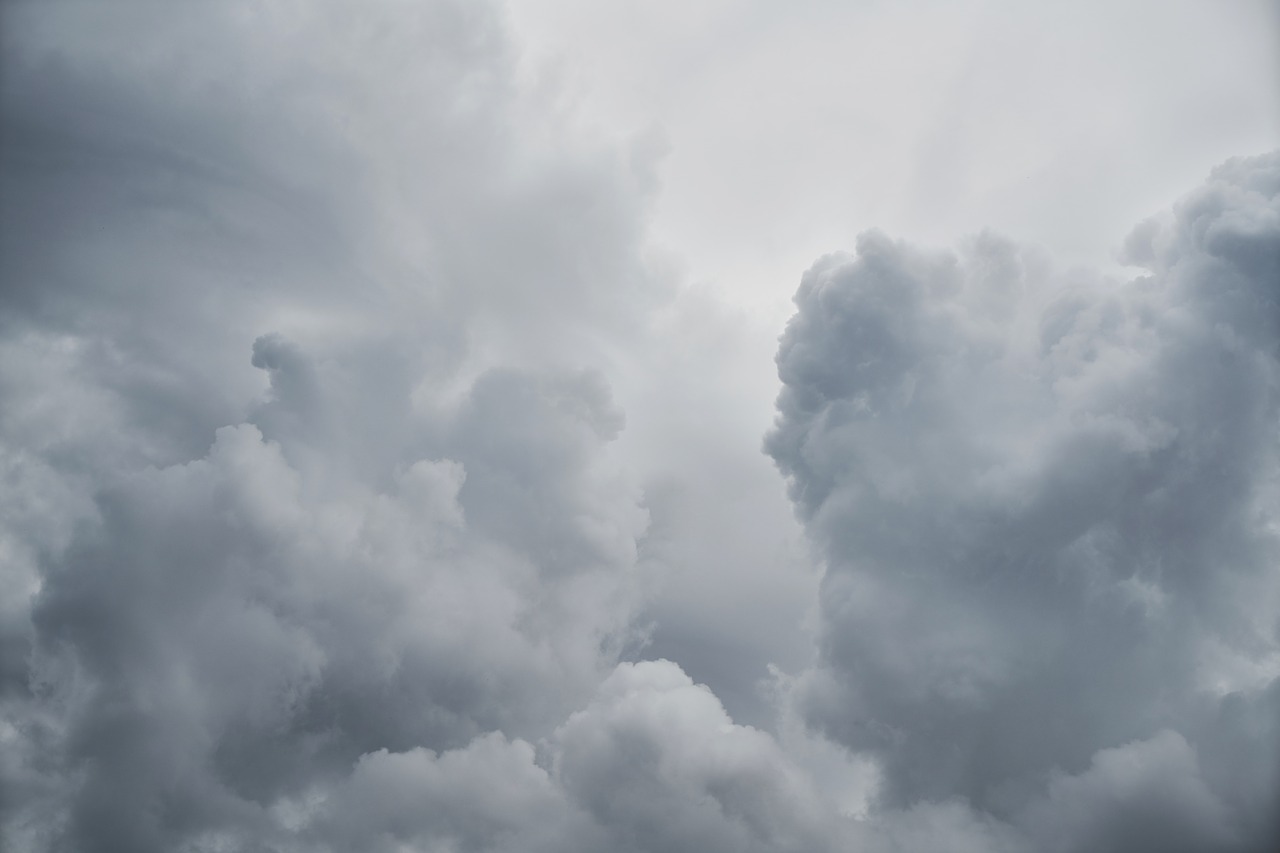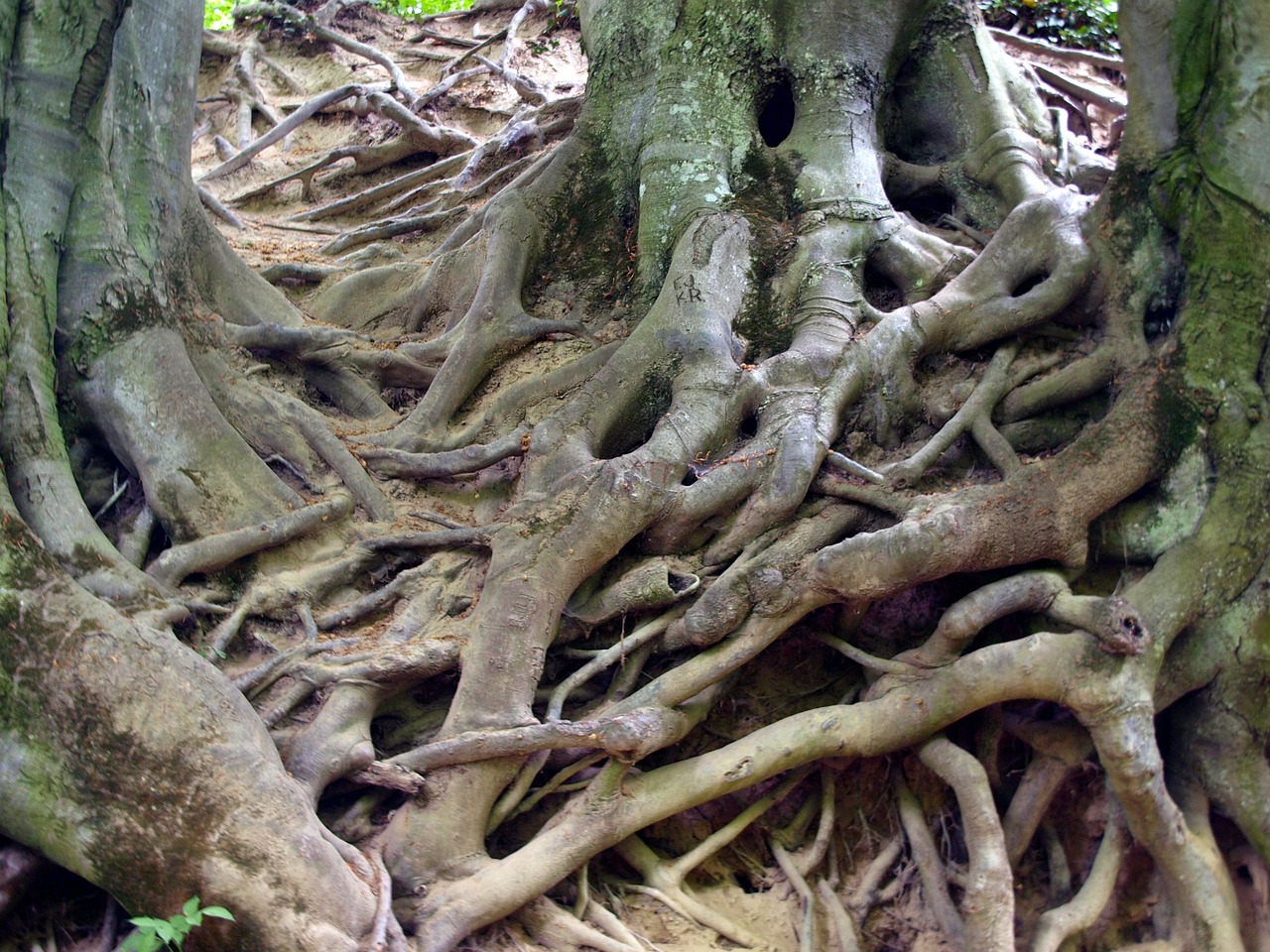
Must-Know Winter Tips: How To Prevent Water Damage From Snow
By 911 Water Damage Experts
It’s typical for homeowners to be unaware of the dangers their homes face once winter arrives. The unpredictable weather of winter can cause expensive damages caused by water leaks and in some cases flooding.
Your home insurance might not cover the cost of repairs and it depends on the source of the damage. Always double check your insurance options before damage happens to help financially plan for uncertainty.
Although you have no control over the constant changes in winter weather, there are some precautions you can take to prevent winter water damage to your home.
This article provides some winter water damage tips to keep your house warm and dry this winter.
Winter Water Damage Tip 1: Avoid Sewer Backup
One of the messiest issues you can run into during the winter is backups from the local sewer system. To avoid this issue, you can speak to a plumber about installing a sewer backup prevention valve on the mainline of your home. These valves are designed to only allow water to flow away from your home.
Winter Water Damage Tip 2: Leak Monitor
Today, water monitors can be installed to alert you when a leak occurs. When the monitors detect moisture, they send an alert and then shut off the water supply, so water damage is unlikely to occur.
Winter Water Damage Tip 3: Check Plumbing
Freezing cold temperatures and the build-up of snow in winter can cause serious water damage to your home.
Water pipes can freeze and burst, ice dams can form on your roof, and thawed snow can infiltrate your home, causing water damage.
In the fall, arrange to have a plumber come in to check for signs of plumbing damage and risks.
They can make repairs and provide insulation for pipes that are exposed to the cold to avoid freezing. When pipes freeze, they can burst and cause major flooding.
You can conduct a few inspections throughout your home to look for leak risks.
Begin with your washing machine and dishwasher hoses to look for signs of damage or old rubber hoses connected to your water.
Replace them or have a plumber replace them with new, sturdier steel braided hoses.
Next, look at your water supply lines every so often throughout the winter to see if there are any signs of leaks and make sure the connections are nice and tight.
Last, check your bathtub and shower to see if they could use a new bead of caulking to keep them sealed; use waterproof caulking made for bathrooms.
Winter Water Damage Tip 4: Prevent Drain Backups
Drain backups can lead to messy overflows.
In the kitchen, you can prevent drain clogs and backups by avoiding pouring fats, oils and grease down your sink.
You can also watch for issues such as slow drainage in your kitchens and bathrooms, clogs or even gurgling sounds and unpleasant smells as they are all signs your drains could be due for a professional cleaning.
Winter Water Damage Tip 5: Watch The Weather
Keep an eye on weather reports so you can manage potential issues.
When you hear cold weather warnings, run warm water occasionally to keep pipes from freezing. You should also reduce using water if you are experiencing heavy rain or when there is a drastic rise in temperature that will cause rapid thawing.
This will reduce pressure on sewage systems which in turn reduces the risk for water backup.
When there is a lot of rain, or snow outside and temperatures rise, you should also check your basement for signs of leaks.
Winter Water Damage Tip 6: Drain Outdoor Pipes
In the fall, reduce the risk of burst, frozen pipes by draining all your outdoor pipes and garden hoses. You should also check your garage to see if you have an outdoor pipe there, as these are often overlooked.
Winter Water Damage Tip 7: Remove Debris
There are many areas outside your home that will need to be cleared of debris including:
-Storm sewer grates
-Eavestroughs
-Gutters
-Main drain pipes
This will prevent a number of issues that can lead to water damage.
Winter Water Damage Tip 8: Check Drainage Around Your House
With the rain, snow and ice of winter, you can expect that there will a lot of water that will surround your home.
You want to ensure every precaution is taken to keep water from entering your home.
Your downspouts are the pipes that direct water away from your home via the rain gutters on your roof.
You should first disconnect downspouts draining directly into the sewer system in the fall and make sure they are placed at least 2-metres away from the foundation of your house.
Your home should be properly graded, which means your property should be sloped away from your home to allow water to flow away.
Some homes have reverse-sloped driveways which means you drive uphill when leaving your home. In this case, the flooding risk is greatly increased.
You can consider building a small rise of at least 15 cm relative to the road to reduce risk, however, this can be quite costly.
If you don’t have at least 200 mm clearance between your home’s finished ground level and the bottom of the downspout it might be wise to install window wells.
Winter Water Damage Tip 9: Manage Tree Roots
Tree roots can interfere with wastewater lines and other sewage and drain lines from your home.
If you have larger trees on your property or trees near where your wastewater lines run, it is a good idea to have a camera inspection performed to ensure roots have not caused damage or blockage of the lines.
Winter Water Damage Tip 10: Roof Inspection
Your roof plays a major role in protecting your home from leaks.
It’s a good idea to have a roof inspection performed by a professional roofer. They will check for any damage that requires repairs and can also clean out your gutters.
Missing or curl shape shingles might look harmless but can lead to severe water damage if not repaired.
Blocked gutters can force water, snow and ice back up onto your roof which can form ice dams. Ice dams force water and ice under the shingles leading to severe water damage over time.
Winter Water Damage Tip 11: Check Your Foundation And Basement
Your foundation and basement are vulnerable to water damage as these are where water is most likely to collect.
A foundation and basement inspection can spot issues like cracks which will allow water seepage.
When caught early, affordable repairs can be made to prevent more costly damage down the road.
In the basement, your floor drains should be clear of barries.
Finally, to avoid more losses due to flooding or leaks, always make sure anything stored in your basement is on shelves off the floor and stored in plastic containers.
Your sump pump is a water collection system that sends water in the basement back outside and away from your house. If your sump pump is visible, check the float to make sure it can move properly by pouring water slowly into the sump tank.
The float should rise, and the pump should start reducing the water level and then shut off the pump. If it doesn’t, call a professional like 911 Water Damage Experts.
If you have any questions about water damage restoration, feel free to call us at 1-833WE-DRY-IT anytime 24/7/365 all the time. We’re there when you need us!
Related Posts
How to prevent weather damage during a storm
The dangers of a leaky roof and what to do when you find a leaky ceiling
10 helpful smoke damage cleaning tips
Restaurant flooded? Here’s how to deal with a restaurant flooding
What’s causing mould in your home? Here are the top reasons why
How to prevent mould growth after a flood
A pipe burst in my business building – what do I do?
What to do when a water pipe bursts in your apartment
Hire the right mould removal company by asking these vital questions
15 interesting facts about mould
What causes mould damage and what you can do about it
Top common signs of water damage: here’s what to look for




